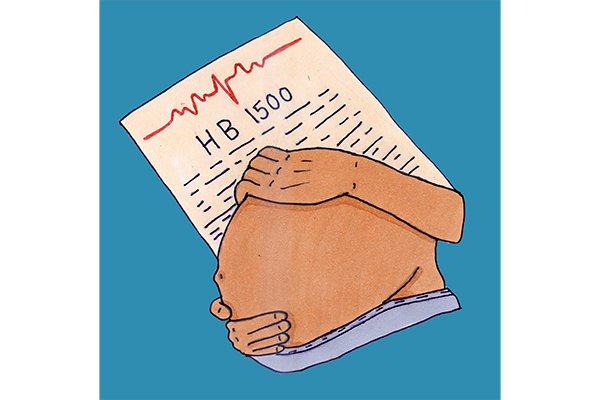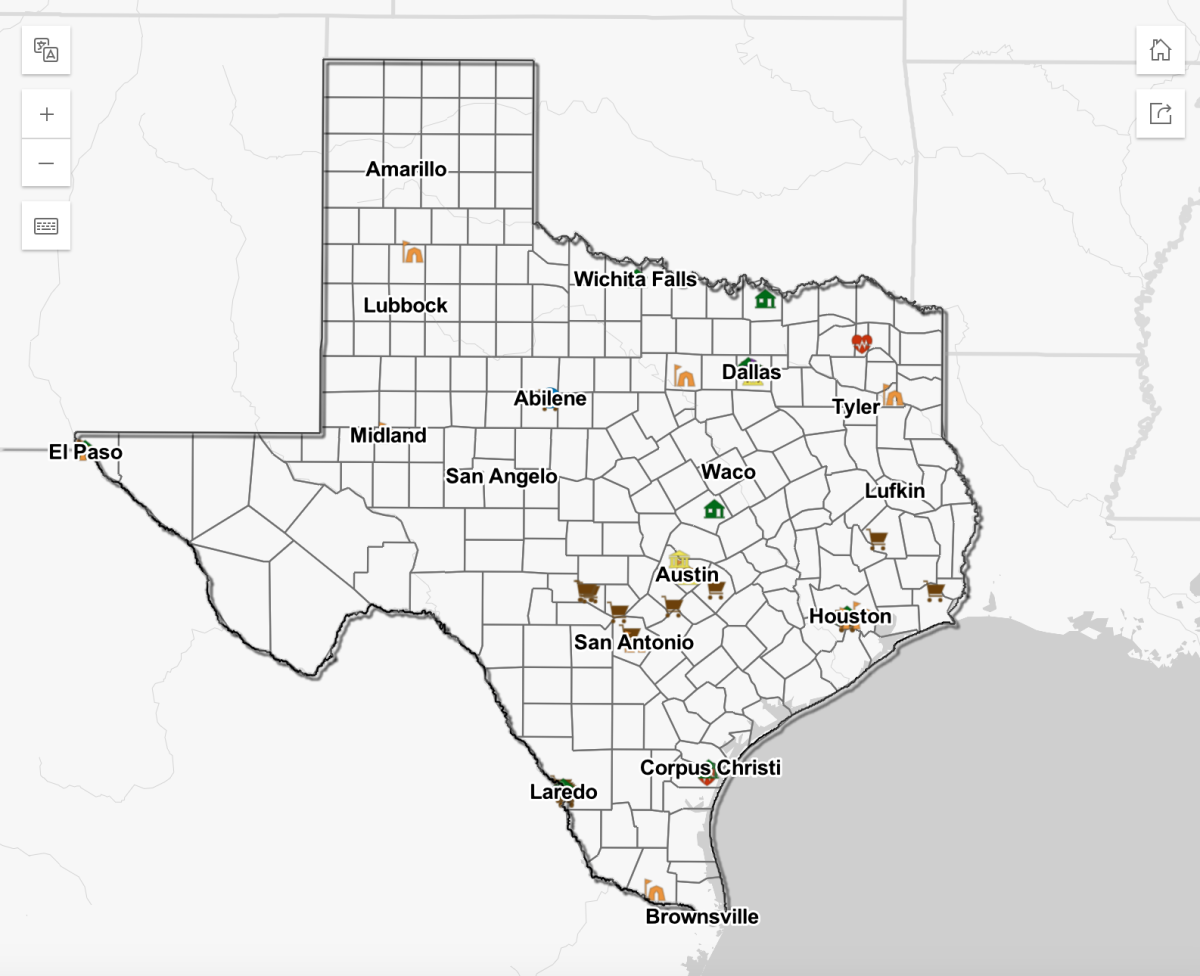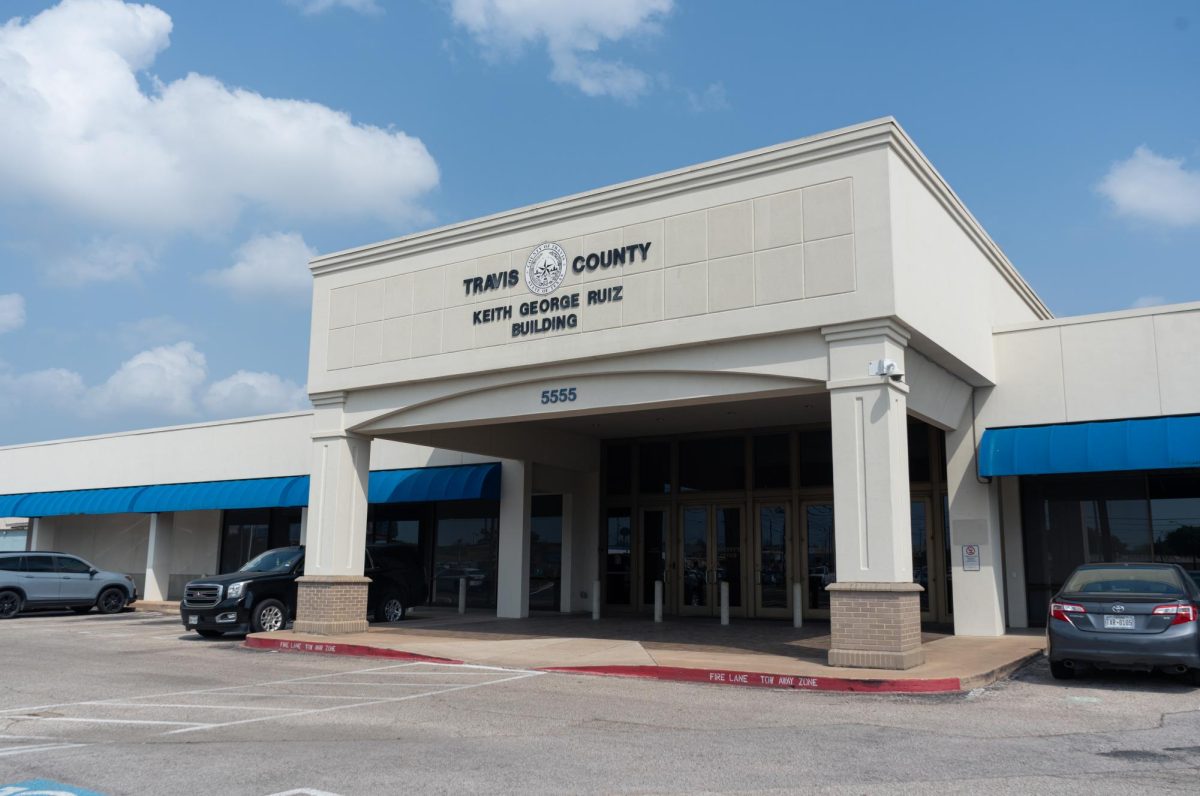The Texas heartbeat bill that would outlaw abortion after a fetal heartbeat is detected is gaining traction in the Texas legislature. Within a week of being filed on Feb. 7, House Bill 1500 had 39 co-sponsors. By Tuesday, it had 52.
“The Texas heartbeat bill ensures that unborn children exhibiting a heartbeat are protected from the cruel practice of abortion,” said Rep. Briscoe Cain, R-Deer Park, in a statement to The Daily Texan. “Put simply, if the heartbeat is detected, the baby is protected.”
Versions of the heartbeat bill have been filed every session since 2013, and while the bill hasn’t been assigned to committee, Cain said this year is more promising.
“2019 is the year of the heartbeat bill,” Cain said. “Eleven states have filed heartbeat bills in 2019. I’m humbled to see the growing wave of support this and other heartbeat bills are receiving across our state and nation.”
Abigail Aiken, public affairs assistant professor and an expert in reproductive health, said a fetal heartbeat can be detected as early as six weeks into a pregnancy.
“At that point, many people don’t even know that they are pregnant,” Aiken said in an email. “So, the bill essentially aims to leave people with no choice when it comes to making a decision about whether or not to continue a pregnancy.”
On Tuesday, the Young Conservatives of Texas held a rally favoring the bill in the West Mall.
“If there’s a heartbeat, that child is clearly alive, clearly a baby and can’t be aborted,” said Lillian Bonin, YCT spokesperson and government junior. “If the woman would have preferred to get an abortion, it would be unfortunate for her, but I think it’s the best outcome for the baby.”
Government junior Bonin said national support for heartbeat bills is changing the conversation around abortion.
“If you look across the country, I think there is a decent amount of pressure from citizens who want to see it go through,” Bonin said. “It may be considered a watershed moment for the issue … At the very least, this one will go further than heartbeat bills in the past.”
Along with the low number of abortion clinics in Texas, there are several limitations keeping Texas women from obtaining safe abortions, Aiken said.
“There are already a lot of restrictions on abortion access in Texas, including a waiting period, a mandatory ultrasound and lack of coverage via state Medicaid,” Aiken said. “The state also mandates that information that is misleading and not medically accurate be given to people seeking abortion before they can access care.”
Planned Parenthood spokesperson Sarah Wheat said the heartbeat bill could have a disparate impact on certain women.
“With every other restriction that Texas has put in place … we’ve seen that typically those have a disproportionate impact on younger women, women of color and uninsured women,” Wheat said.
Wheat said politicians have a history of limiting medical access for women, and Planned Parenthood is encouraging Texans to contact their elected officials to oppose the bill.
“Every single time the Texas legislature meets, we have a handful of politicians, like Rep. Cain, who may not have any medical background and may not have any expertise in women’s health, but who feel that they have a special commitment to making medical decisions for the women in Texas,” Wheat said.





















